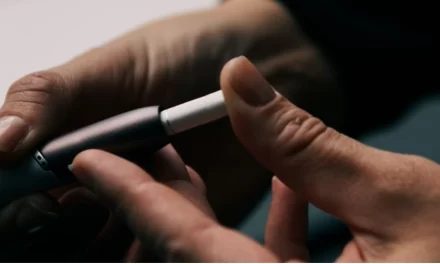Researchers from Rutgers University-New Brunswick have conducted a pioneering study revealing significant reductions in driving speeds following the installation of a bike lane at a high-traffic intersection in Asbury Park, N.J. Published in The Journal of Urban Mobility, the study underscores the potential of bike lanes to enhance road safety by calming traffic.
Led by Hannah Younes, a postdoctoral research associate at Rutgers’ Alan M. Voorhees Transportation Center, the team focused their efforts on Cookman and Asbury Avenues, crucial routes to Asbury Park’s popular beaches. The intersection, known for drivers making right turns on red without full stops, posed risks to pedestrians and cyclists.
To assess the impact, the researchers implemented a temporary bike lane delineated with orange road cones. They surveyed cyclists and scooter riders, revealing strong support for bike lanes among respondents. Using computer vision technology, the team analyzed over 9,000 vehicles’ speeds before and after the bike lane’s installation.
The results were striking: an average 28% reduction in maximum speeds and a 21% decrease in average speeds for right-turning vehicles. Even vehicles continuing straight saw an 8% reduction in speed. Importantly, the effectiveness of the bike lane was enhanced when marked with cones compared to painted-only lanes.
Younes emphasized that these findings contribute crucial insights amid rising pedestrian fatalities nationwide, advocating for policies like Vision Zero aimed at eliminating road fatalities. The multidisciplinary Rutgers team involved experts from the Bloustein School of Planning and Public Policy, the School of Engineering, and the School of Arts and Sciences.
This study not only supports the safety benefits of bike lanes but also suggests practical strategies for urban planners and policymakers to improve road safety in densely populated areas. As cities continue to prioritize pedestrian and cyclist safety, evidence from studies like this could drive transformative changes in traffic management policies.
The research underscores Rutgers’ commitment to innovative urban mobility solutions and its impact on public safety initiatives.











